Interdisciplinary research at the University of Wuppertal
Actively shaping creative and innovative research - the BUW also offers its researchers this opportunity on an interdisciplinary level. In our interdisciplinary centers, different disciplines have the opportunity to work together in one place, actively shaping innovative research in response to the challenges of our society. The resulting dynamics and synergy effects produce excellent research and outstanding scientists.
Interdisciplinary centres of the University of Wuppertal
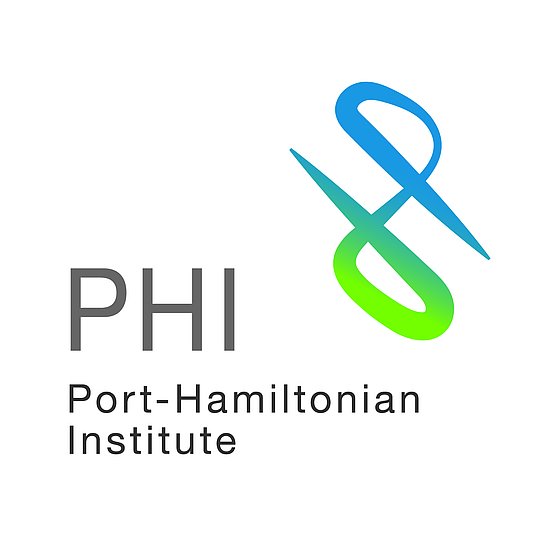
Port-Hamiltonian systems represent an important and attractive novel paradigm for the mathematical modeling of dynamical systems. To fully exploit the mathematical potential of port-Hamiltonian systems contributions from multiple mathematical disciplines are therefore required. This interdisciplinary challenge is addressed by the Port-Hamiltonian Institute.
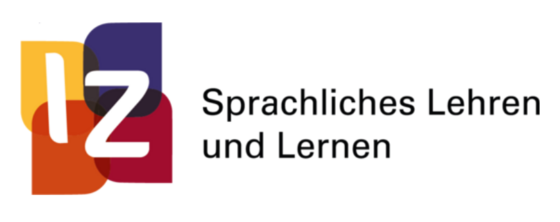
Interdisziplinäre Zentrum Sprachliches Lehren und Lernen (IZSLL)
The Center is a central institution at the University of Wuppertal. The participating researchers work on questions of language teaching and learning across the whole field and against the background of their respective relevance for schools, universities and extracurricular teaching and learning. The aim is to consider language learning, language education and its communication in an overall context in which individual biographical processes in their social, cultural and institutional contexts interact with the possibilities of sustainable communication of language(s) education within institutional frameworks.

Wuppertal Centre for Smart Materials & Systems (CM@S)
The CM@S works in an interdisciplinary collaboration between chemists, physicists, and engineers on new materials, smart components, and systems that have an impact on various areas of great social relevance. One focus here is research of terahertz technologies.
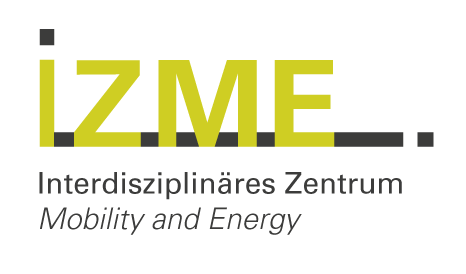
Interdisciplinary center Mobility and Energy (IZME)
The center is primarily research-oriented and aims to clarify both fundamental and application-oriented issues that have an impact on various areas of mobility and energy supply of the future with the highest social relevance. The focus is on all issues relating to transport planning, automated driving, energy supply, big data/data security and infrastructure planning. Scientists from the School of Electrical Engineering, Information Technology and Media Technology, the Centre for Transport in the School of Architecture and Civil Engineering, the Schumpeter School of Business and Economics and the School of Mechanical Engineering and Safety Engineering work together in the interdisciplinary center.
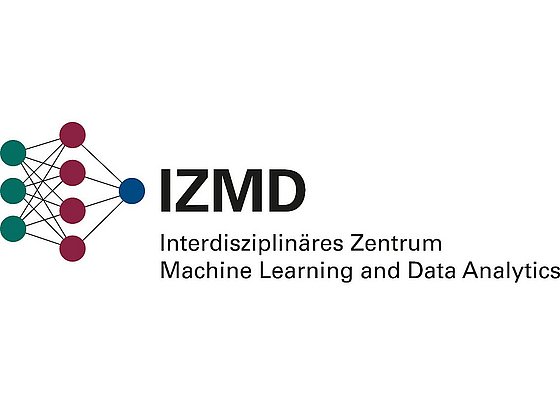
Interdisciplinary Center for Machine Learning and Data Analytics (IZMD)
With the establishment of the "Interdisciplinary Center for Machine Learning and Data Analytics (IZMD)", the University of Wuppertal has created a cross-departmental institution to foster interdisciplinary research and the transfer of research insights in the fields of artificial intelligence, machine learning, and data analytics. The IZMD consists of two branches, namely a branch dedicated to the scientific research in these areas, and a branch dedicated to the transfer of research knowledge in the form of cooperation with local businesses and industry partners, as well as with public institutions and intermediaries. The branch dedicated to the transfer of research insights is termed the "Bergische Innovation Platform for Artificial Intelligence (BIT)" and is consulted by a research advisory board. Additionally, the IZMD supports the respective degree programs at the University of Wuppertal by providing opportunities for topic-relevant internships and enabling students to apply the knowledge of their degree programs in the form of application-oriented development projects.

Interdisciplinary Center for Science and Technology Studies (IZWT)
The Interdisciplinary Centre for Science and Technology Studies (IZWT) conducts and supports research projects in the fields of history of science, philosophy of science and sociology of science. Cooperation between the three core disciplines of history, philosophy and sociology, as well as physics and mathematics, is focussed on the development and structure of science and technology.
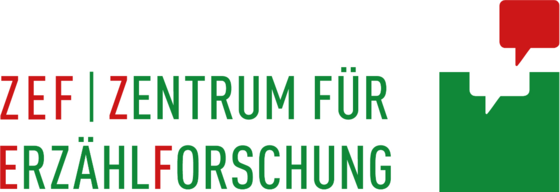
Center for Narrative Research (ZEF)
the Interdisciplinary Center for Narrative Research at the University of Wuppertal has initiated and coordinated research and teaching on all aspects of narrative from theoretical and systematic, as well as historical and cultural perspectives. In recent years the Center's inter- and transdisciplinary research has focused on the manipulative effects of narratives in public contexts. For its tenth anniversary, the CNR organized a high-profile conference on the relation between narrative and the post-truth and fake news debates.
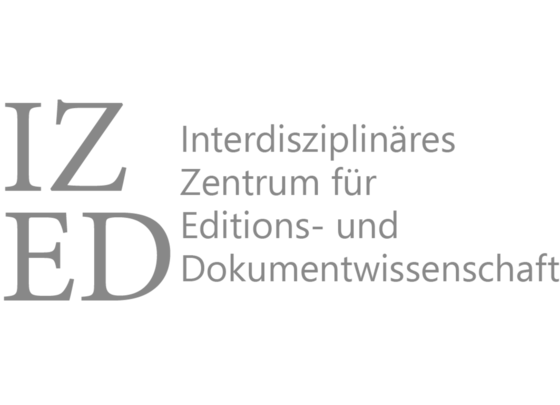
Interdisziplinäres Zentrum für Editions- und Dokumentwissenschaft (IZED)
As a cross-faculty centre in which the humanities and cultural studies, including digital humanities, media technology/computer science and design studies work together in an exemplary manner, the Wuppertal IZED bundles and integrates the diverse editorial and scholarly activities that already exist at the University of Wuppertal. Genuin edition-philological research is linked with questions of remodelling and recoding philological concepts in the digital medium and theories of media-specific and generic document structures. This is complemented by research into the visual structuring and preparation of texts using typography and layout from a historical and systematic perspective.
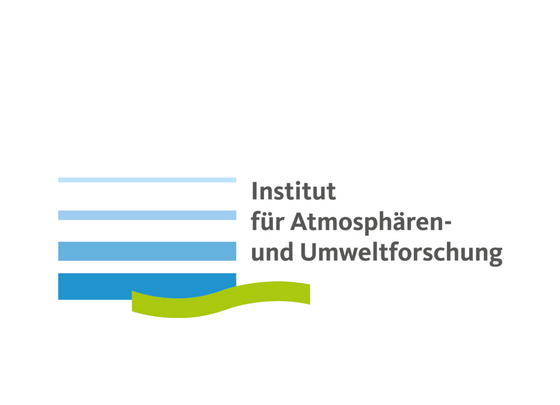
Institute for Atmospheric and Environmental Research (IZAU)
The Institute for Atmospheric and Environmental Research is a department-related competence center that brings together research expertise in atmospheric chemistry, atmospheric physics and safety engineering / environmental protection. The research at the institute includes the development of new, innovative measurement methods, the implementation of field and laboratory experiments, the modeling and simulation of various environmental and atmospheric systems as well as the improvement of evaluation algorithms.
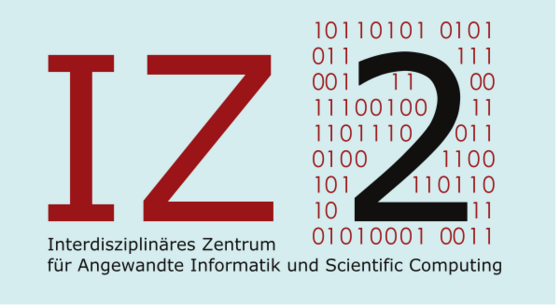
Interdisciplinary Centre for Applied Computer Science and Scientific Computing (IZ II)
With the Interdisciplinary Center for Applied computer science and scientific computing, the Bergische Universität Wuppertal pursuits in a structual way the aim to build an internationally noticable center of excellence in order to develop trend-setting methods and techniques of Applied Computer Science and Scientific Computing interlaced with resource-intensive scientific applications. In most ways the IZ II is research-orientated and aims with its working spectrum for fields of computer sciences being the methodical core of research work.

Jackstädt Center of Entrepreneurship and Innovation Research
The interdisciplinary Jackstädt Center of Entrepreneurship and Innovation Research deals with topics in the field of entrepreneurship and innovation as well as various aspects of entrepreneurial change. The research focus encompasses both theoretical and empirical issues. Theories and methods from the fields of management, business, economics and psychology form the basis for analysing current phenomena in these subject areas, questioning the familiar in new ways and developing innovative solutions.

Forschungszentrum Frühe Neuzeit (FFN)
The "Forschungszentrum Frühe Neuzeit" at the University of Wuppertal provides a forum for collaboration between academics in the field of the humanities. The research center's thematic focus on the early modern period is based on the importance of this era for the emergence of new educational concepts in the context of political, social and artistic developments, which had significant consequences for the modernisation process in Europe.
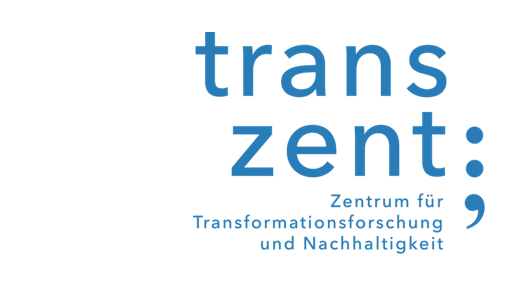
Center for Transformation Research and Sustainability (transzent)
Transzent is a joint interdisciplinary center of the University of Wuppertal and the Wuppertal Institute for Climate, Environment and Energy gGmbH.
Institut für angewandte Kunst- und Bildwissenschaften
The Institute engages in interdisciplinary research on historical and issues in art and visual studies, and promotes further education in relevant and emerging professional fields in which the application of art and visual studies plays a role.
Bergisches Kompetenzzentrum für Gesundheitsökonomik und Versorgungsforschung (BKG)
The Bergisches Kompetenzzentrum für Gesundheitsökonomik und Versorgungsforschung is based on the shared vision of its initiators: the conviction that health is a central value - for every individual, for companies and for society. The interdisciplinary research approach encompasses research fields of economics such as health economics, controlling, personnel and organisation, work, education and health, occupational health management as well as exercise science, sports medicine, rehabilitation and health education.
Center for interdisciplinary language research (ZefiS)
The ZefiS bundles the manifold language-related interdisciplinary activities of the BUW. ZefiS is supported by 40 members from 6 BUW faculties: School of Humanities, School of Human and Social Sciences, Schempeter School of Business and Economics, School of Mathematics and Natural Sciences, School of Electrical, Information and Media Engineering and School of Education. ZefiS represents three main interdisciplinary fields of research: Speech recognition, language in law, economics and medicine as well as multilingualism and the multicultural society.

Zentrum für Kindheitsforschung „Kindheiten.Gesellschaften“
Against the background of the emphasis on children as social actors and the resulting theoretical and empirical, political and legal consequences for children, questions about children's heterogeneous living environments, including the question of support, their developmental opportunities and different conditions for growing up, including the question of democratic potential, are of particular interest.
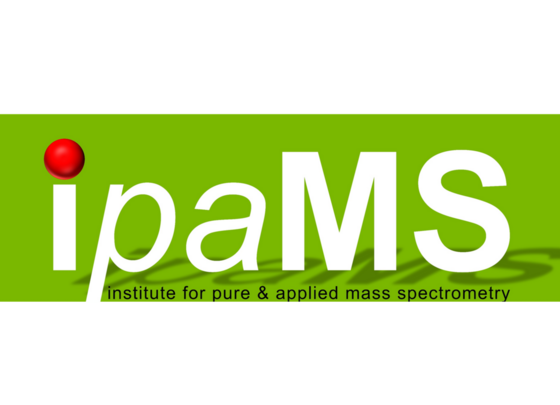
Institute for Pure and Applied Mass Spectrometry (ipaMS)
The ipaMS unites eight local groups from science and engineering fields of the University of Wuppertal in order to advance research and teaching related to mass spectrometry. The name expresses the pursued integral picture of mass spectrometers, bringing together applicational and fundamental aspects. The institute recalls and carries on the MS pioneers works regarding profound research, physically and chemically sound developments, applications and data interpretation.
